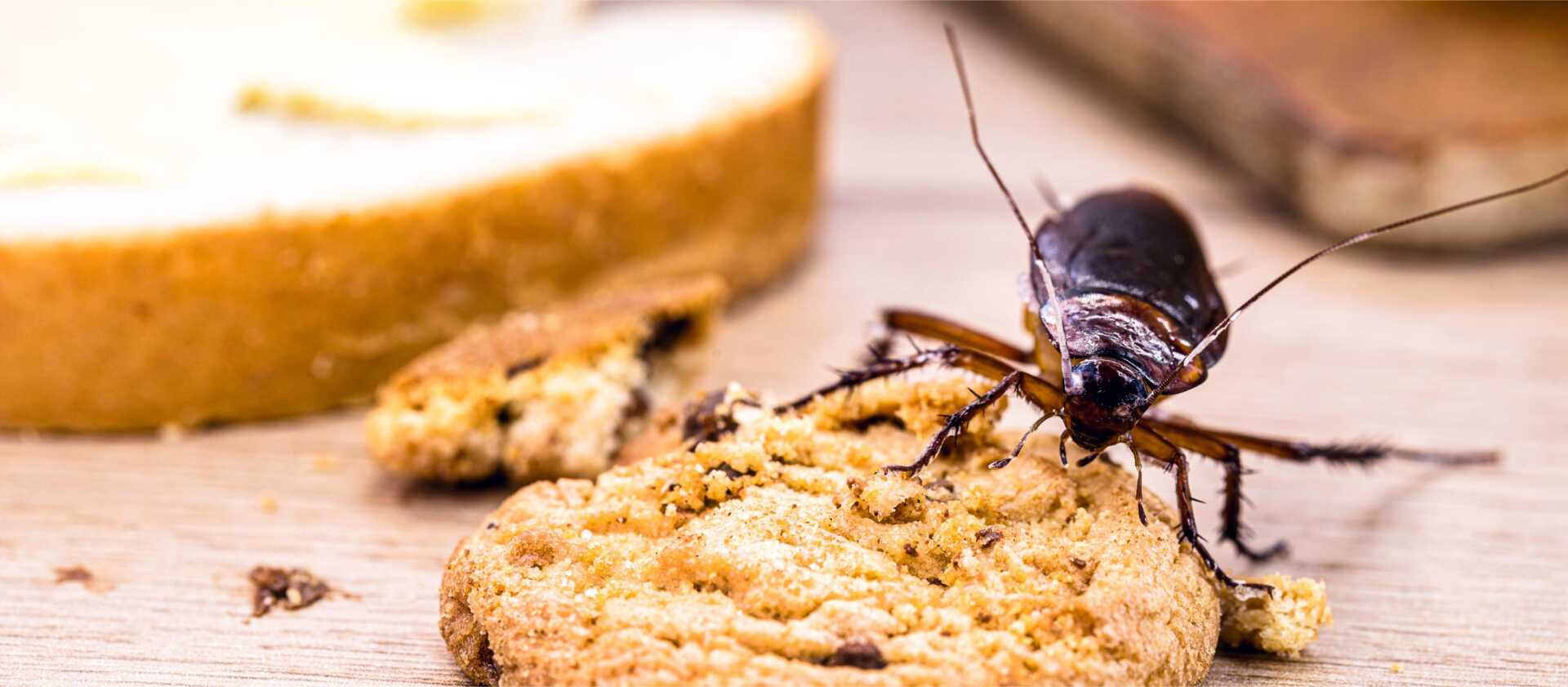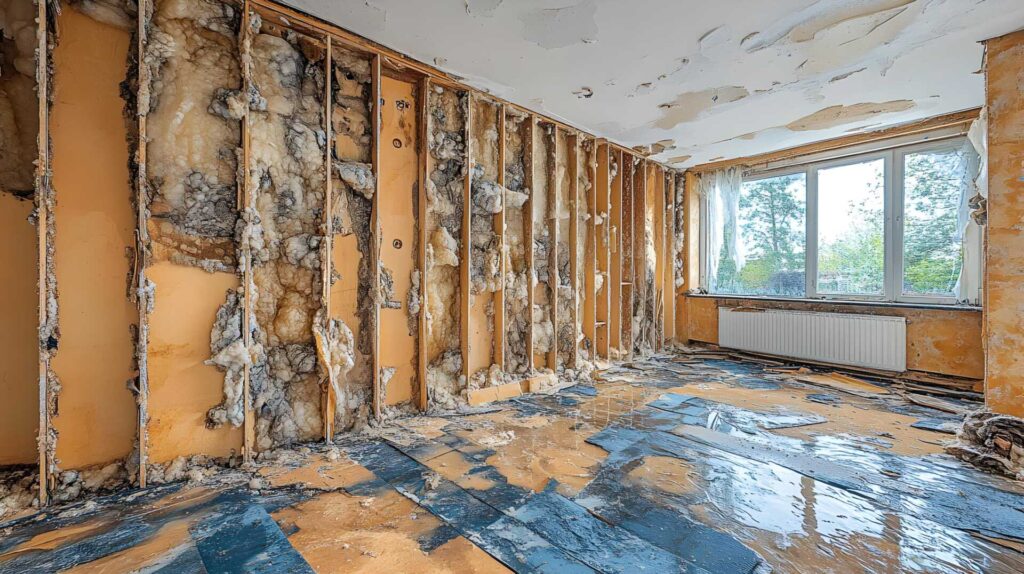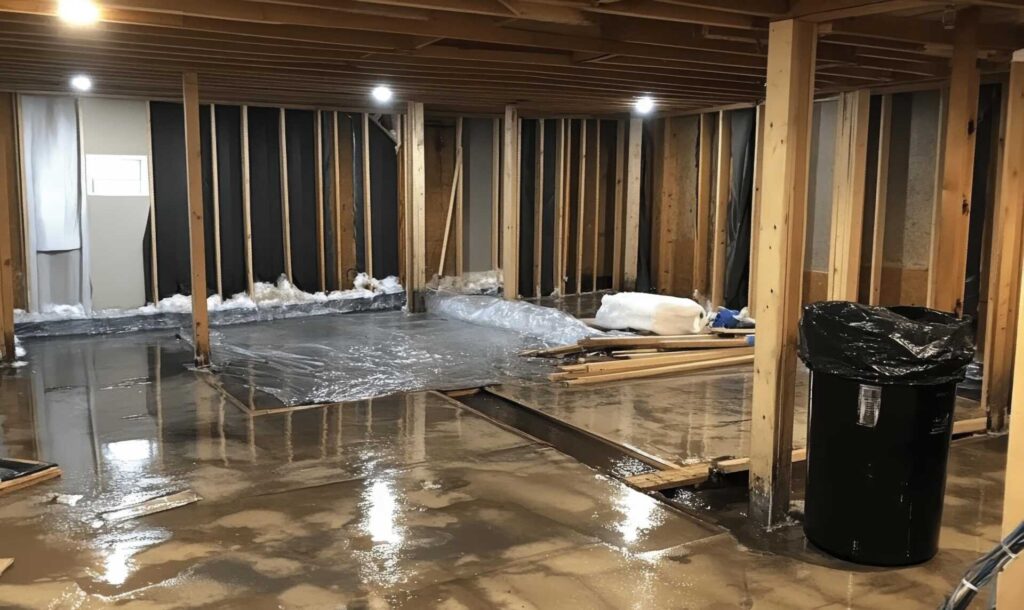Contents
You know the saying, “Prevention is better than cure.” Regarding pest control in your home, this couldn’t be more essential. Imagine a world where you can relax without worrying about creepy crawlies invading your space. But why is pest prevention so vital? Let’s explore the underlying reasons behind experts advocating proactively keeping pests at bay.
Importance of Pest Prevention
To effectively maintain a pest-free environment within your home, it’s important to grasp the importance of pest prevention. Pest prevention is the proactive approach to keeping pests away from your living spaces before they become a problem. By implementing preventative measures, you can avoid the stress and potential damage that pests can bring into your home.
Pest prevention is essential for various reasons. First and foremost, it helps protect your health and that of your loved ones. Pests like rodents, cockroaches, and mosquitoes can carry harmful diseases and bacteria that can endanger your well-being. Additionally, pests can cause structural damage to your home, leading to costly repairs and potential safety hazards. By preventing pests from entering your home in the first place, you’re safeguarding both your health and your property.
Furthermore, pest prevention promotes a comfortable and welcoming living environment. Nobody wants to share their home with unwelcome intruders like ants or spiders. By taking preventative actions such as sealing cracks, storing food properly, and maintaining cleanliness, you can create a space that’s inviting and free of pests.
Common Household Pests
Common household pests can vary in size, behavior, and potential threats they pose to your home and health. These unwelcome intruders can range from tiny insects to larger rodents, each bringing its own set of challenges. Understanding the common household pests you may encounter is essential for effective pest prevention. Let’s explore some of the most prevalent pests you might come across:
| Pest | Description |
|---|---|
| Cockroaches | These resilient insects can carry diseases and trigger allergies, thriving in warm, humid environments. |
| Mice | Known for gnawing on various materials, mice can contaminate food and spread harmful bacteria through their droppings. |
| Ants | Ants are social insects that can quickly infest your home in search of food and can be difficult to eliminate once established. |
Entry Points for Pests
As pests seek shelter and resources in homes, it’s important to understand the various entry points they exploit to gain access. These tiny intruders can find their way into your home through the smallest of openings.
Common entry points for pests include gaps around windows and doors, cracks in the foundation or walls, vents, pipes, and even damaged screens.
Pests like rodents and insects are experts at squeezing through tiny crevices. Mice, for example, can fit through openings as small as a dime, while insects can enter through gaps that seem almost imperceptible. It’s essential to inspect and seal any potential entry points around your home to prevent these unwanted guests from making themselves comfortable.
Furthermore, pests can also hitch a ride into your home through items you bring in, such as groceries, packages, or second-hand furniture. Checking these items before bringing them inside can help deter pests from being carried into your living space.
Being vigilant and proactive in sealing off entry points is vital to keeping pests at bay. By taking these preventive measures, you can create a barrier that deters pests from invading your home and maintain a safe and pest-free living environment for you and your family.
Effective Pest Control Methods
To effectively combat pests in your home, consider implementing pest-proofing techniques such as sealing cracks and crevices, fixing leaky pipes, and keeping food tightly sealed.
Natural repellents like peppermint oil, cedarwood, or diatomaceous earth can also deter pests without harsh chemicals.
If the infestation persists, seeking professional extermination services from licensed pest control experts can provide a targeted and efficient solution.
Pest-Proofing Techniques
Implementing pest-proofing techniques is essential to effectively prevent pests from entering your home. Start by sealing all cracks and crevices in your home’s foundation, walls, and windows to block potential entry points for pests. Weather stripping on doors and windows creates a tight seal and prevents pests from sneaking in. Repair any damaged screens on windows and vents to keep insects and rodents out.
Keep your home clean and free of food debris that may attract pests, and store food in airtight containers. Trim bushes and trees away from your home to eliminate potential pathways for pests to enter. Regularly inspect your home for signs of pests and address any issues promptly to prevent infestations. By implementing these pest-proofing techniques, you can create a barrier that keeps unwanted critters out of your living space.
Natural Repellents
Implementing natural repellents is an effective method for controlling pests in your home. Natural repellents work by utilizing scents and substances that deter pests without harmful chemicals.
For instance, peppermint oil is known to repel spiders, ants, and even mice due to its strong scent that hinders their ability to communicate and navigate. Similarly, vinegar can be used to deter ants, as they dislike its strong odor and acidic properties.
Another effective natural repellent is diatomaceous earth, a powder that can be sprinkled in areas where pests are frequent. This substance works by dehydrating insects upon contact, making it an efficient solution for controlling bed bugs, cockroaches, and fleas.
Additionally, planting certain herbs like lavender, basil, or rosemary near entry points can help deter insects such as mosquitoes and flies.
Professional Extermination Services
Professional extermination services offer a comprehensive approach to pest control, utilizing advanced methods to effectively eliminate unwanted intruders from your home. These services typically begin with a detailed inspection to identify the type of pests present and the extent of the infestation.
Pest control experts then develop a personalized treatment plan designed to meet your specific needs. Utilizing a combination of pesticide application, baits, traps, and exclusion techniques, professionals target pests at their source, preventing future infestations.
One of the key advantages of professional extermination services is the expertise and training that technicians bring to the job. They’re knowledgeable about the behavior and biology of different pests, allowing them to implement precise and effective control measures. Additionally, pest control companies often use environmentally friendly products and follow strict safety protocols to protect your family and pets.
Prevention Through Home Maintenance
Effective pest prevention begins with diligent home maintenance practices. Regularly inspecting your home for potential entry points, such as cracks, gaps, or holes in walls, windows, and doors, can help keep pests at bay. Sealing these openings with caulk or weatherstripping prevents pests from entering and aids energy efficiency.
Additionally, keeping your home clean and free of food debris can greatly reduce the chance of attracting pests like ants, cockroaches, and rodents.
Maintaining a clutter-free environment is vital, as clutter provides hiding spots for pests to breed and multiply. Regularly decluttering and organizing your belongings can help eliminate these hiding spots and make it simpler to spot signs of pest infestations early on.
Properly storing food in airtight containers and promptly fixing any leaks or moisture issues can also discourage pests like pantry moths and silverfish.
Moreover, keeping outdoor areas well-maintained is crucial for pest prevention. Trim back bushes and trees that are in close proximity to your home, as these can act as bridges for pests to enter. Regularly cleaning gutters, removing standing water, and storing firewood away from the house can also aid in preventing pest infestations.
Natural Pest Repellents
To naturally repel pests in your home, consider using essential oils like peppermint, lavender, or tea tree oil, which are known for their insect-repelling properties.
In addition, certain plants like basil, mint, or marigolds can act as natural deterrents for common household pests.
These natural methods help keep pests at bay and add a pleasant aroma and green touch to your living space.
Essential Oils for Pests
Curious about how you can naturally repel pests from your home without relying on harsh chemicals? Essential oils are a popular and effective natural pest-repellent option. These oils contain compounds that insects find unpleasant, driving them away from your living spaces. Here are some essential oils known for their pest-repelling properties:
| Essential Oil | Pest Repelled | How to Use |
|---|---|---|
| Peppermint | Ants, spiders | Mix with water and spray |
| Lavender | Moths, mosquitoes | Place sachets in closets |
| Eucalyptus | Flies, beetles | Diffuse in the air |
| Tea Tree | Roaches, ants | Add to cleaning solutions |
These oils keep pests at bay and leave your home smelling fresh and pleasant. Remember to use high-quality essential oils and test a small area first to check for any adverse reactions. Embrace the power of nature by incorporating essential oils into your pest-prevention routine for a welcoming and pest-free home.
Plants as Repellents
As you explore natural methods for pest prevention in homes, one powerful approach to explore is utilizing plants as repellents. Certain plants contain natural compounds that act as deterrents for pests, making them a safe and eco-friendly alternative to chemical repellents.
For instance, lavender emits a fragrance that repels mosquitoes, flies, and moths. Mint plants are effective in deterring ants, spiders, and even mice due to their strong scent. Marigolds not just add a pop of color to your garden but also repel insects like mosquitoes, aphids, and even rabbits.
Plants like citronella grass are known for their ability to ward off mosquitoes, while rosemary can deter pests like fleas and ticks. These plants serve as natural repellents and also enhance the aesthetic appeal of your home and garden.
Hiring Professional Pest Control
Consider hiring professional pest control services if you’re facing a persistent infestation that seems beyond your control. Professional pest control experts have the knowledge, tools, and experience to effectively manage and eradicate pests safely and efficiently.
Here are five reasons why hiring professional pest control can be beneficial:
Expertise: Pest control professionals are trained to identify different types of pests, their behaviors, and the most effective methods to eliminate them.
Tailored Solutions: Professionals can assess your specific situation and provide a personalized pest control plan to address your unique needs.
Safety: Pest control experts are well-versed in the safe handling of pesticides and other control methods, minimizing risks to you, your family, and pets.
Preventive Measures: Beyond just eliminating current pests, professionals can also implement preventive measures to stop future infestations.
Time and Cost-Efficient: Hiring professionals can save you time and money in the long run by efficiently resolving pest issues and preventing potential damage to your property.
Risks of Ignoring Pest Prevention
Ignoring proper pest prevention measures in your home can lead to a multitude of risks that can greatly affect your living environment and well-being. Pest infestations pose a threat to your property and also to your health and overall quality of life. Here are some of the key risks associated with neglecting pest prevention:
| Risk | Impact |
|---|---|
| Property Damage | Pests like termites and rodents can chew through structures, insulation, and wiring, leading to costly repairs. |
| Health Hazards | Cockroaches, rodents, and mosquitoes can transmit diseases, trigger allergies, and contaminate food, posing serious health risks. |
| Decreased Indoor Air Quality | Pest droppings, shed skin, and urine can pollute the air indoors, exacerbating respiratory issues and allergies. |
| Psychological Stress | Living with pests can cause anxiety, fear, and discomfort, affecting your mental well-being and peace of mind. |
Long-Term Benefits of Pest Prevention
Benefitting from a proactive approach to pest prevention in your home can yield numerous long-term advantages that contribute to a healthier and more enduring living environment.
Prevent Property Damage: By keeping pests at bay, you safeguard your home’s structure and belongings from costly destruction caused by termites, rodents, and other pests.
Reduce Health Risks: Pest prevention helps minimize the spread of diseases carried by pests like mosquitoes, rodents, and cockroaches, ensuring a healthier environment for you and your family.
Enhance Air Quality: Preventing pests such as dust mites and cockroaches can improve indoor air quality, reduce allergens, and promote better respiratory health.
Safeguard Food Resources: By preventing pests from contaminating your food supplies, you protect your family from foodborne illnesses and ensure food safety.
Preserve Peace of Mind: Maintaining a pest-free home provides peace of mind, reducing stress and anxiety associated with dealing with infestations and the potential risks they pose.
Taking proactive measures to prevent pests in your home ensures a more pleasant living environment and offers long-term benefits that contribute to your overall well-being and peace of mind.
Summary
Implementing pest prevention measures in your home is essential for maintaining a healthy and pest-free environment. By taking proactive steps to prevent pests, you can avoid potentially costly repairs and health risks associated with infestations. Prioritize pest prevention to safeguard your home and ensure a peaceful living space for you and your family.




